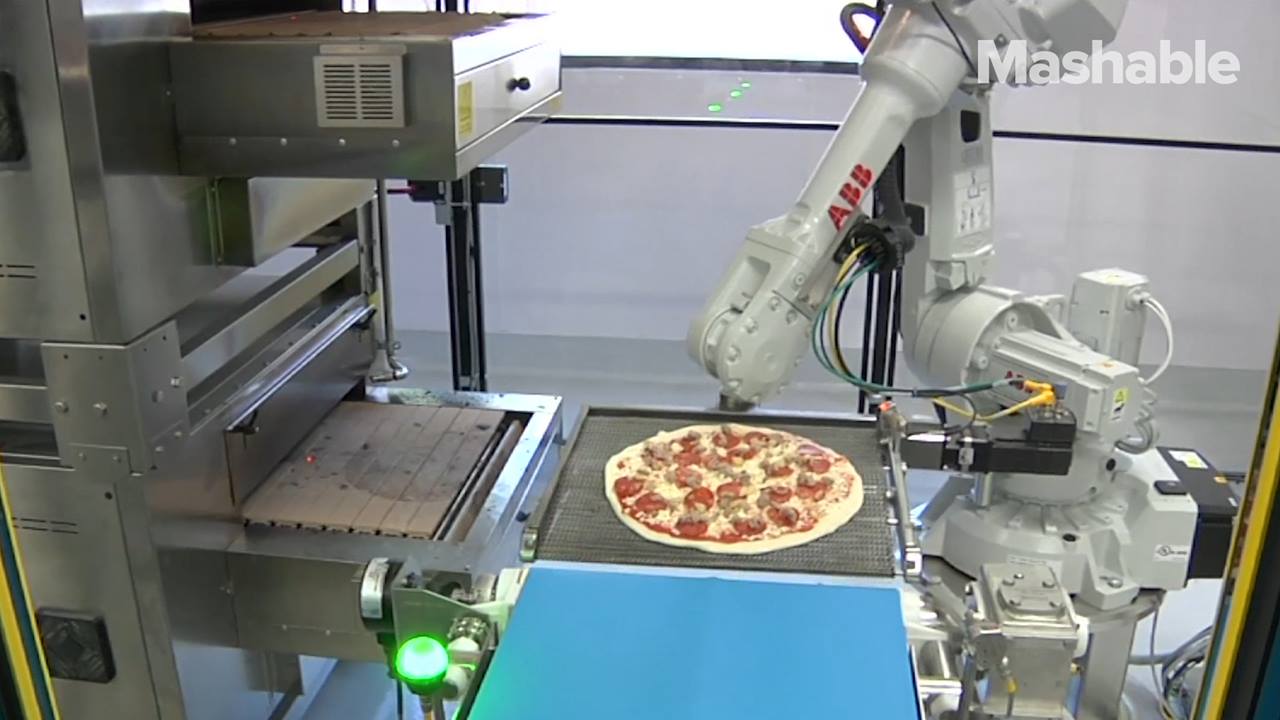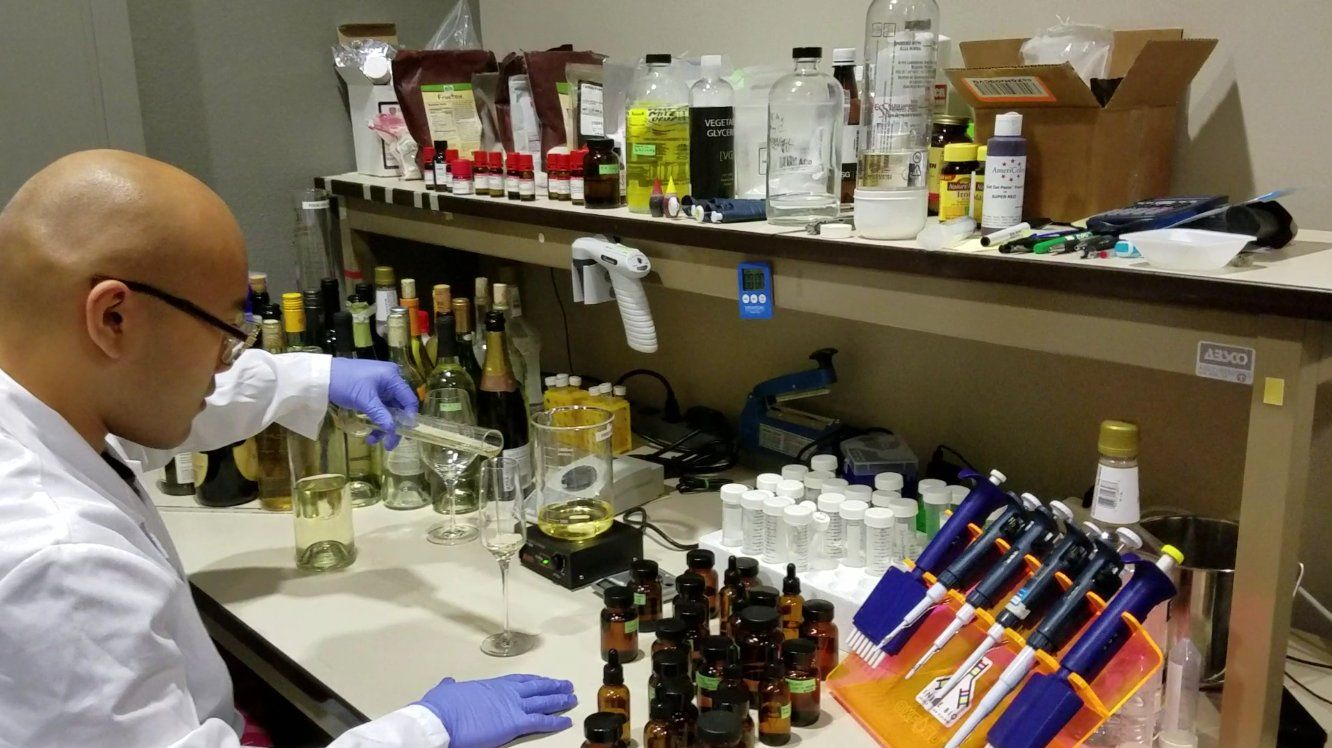Sep 19, 2016
How Fungus And Synthetic Biology Could Save Astronauts On Mars
Posted by Karen Hurst in categories: bioengineering, biotech/medical, food, space travel
Clay Wang brought his kids to the California Space Center a few years ago to show them the Space Shuttle. But as he looked up at Endeavour and pondered human space exploration, the pharmacologist wondered, “What if a crew runs out of medicine halfway to Mars?”
A lot of things can go wrong during a three-year mission to Mars, and there’s only so much medicine you can pack. “For food you can predict exactly how much the astronauts will need to eat,” says Wang. “Medicine you can’t predict.”
What if they develop a sudden need for a drug that wasn’t packed? Compounding the problem is the fact that the space environment seems to make many drugs lose potency and degrade more quickly compared to drugs on Earth.















